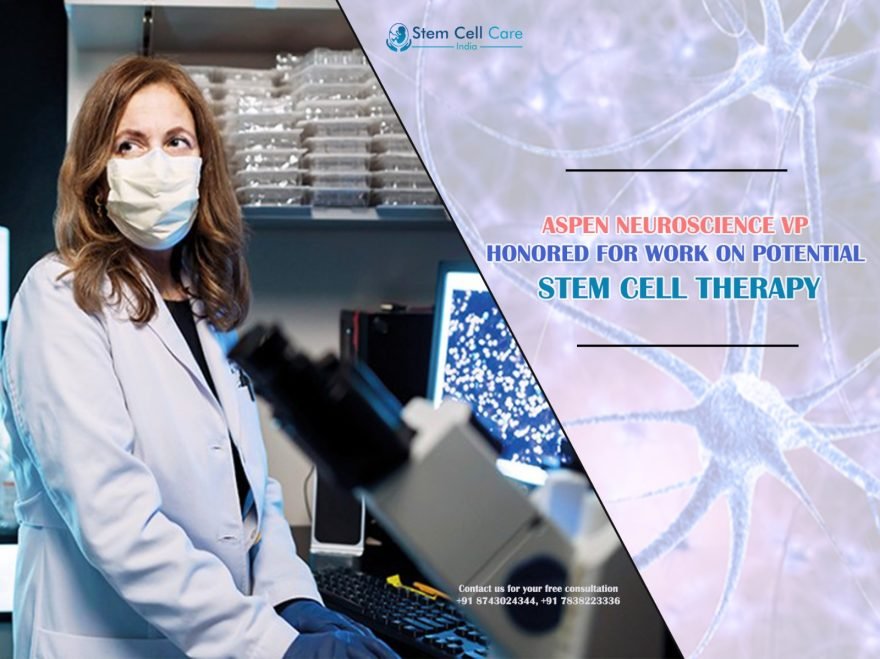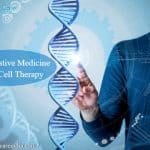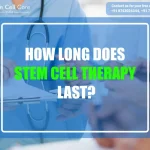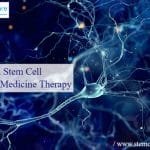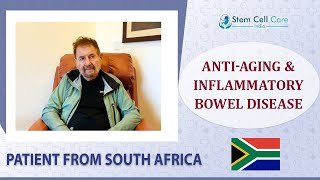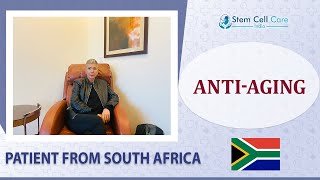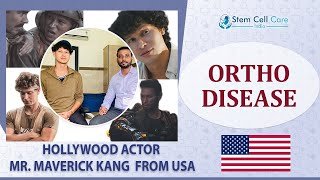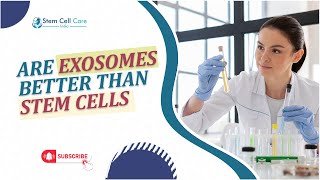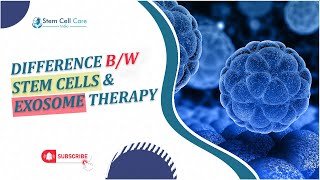One of the beneficiaries of the 2023 Life Science Catalyst Award, which is granted to young scientists and entrepreneurs in celebration of their efforts, is Andrés Bratt-Leal, a co-founder of Aspen Neuroscience and the head of the organization’s research on a potential stem cell therapy for Parkinson’s disease.
The Catalyst Awards, which are sponsored by Biocom California, an advocacy group for California’s life sciences industry, honor the achievements of business executives, entrepreneurs, and academic researchers who have not yet turned forty. They recognize noteworthy accomplishments made to the field of life sciences entrepreneurship, research, and discovery that have improved human health.
“It is an honor to have been selected as a Biocom California Life Science Catalyst Award Winner, especially among this year’s distinguished recipients,” Bratt-Leal, PhD, who is also senior vice president of research and development at Aspen, said in a press release.
He is working with other Aspen experts to move ANPD001, an autologous stem cell therapy that uses a patient’s own cells, into a patient clinical trial. Parkinson’s disease is brought about by the progressive death of dopaminergic neurons, which are brain cells that produce the chemical messenger dopamine. The goal of the experimental treatment is to replace these neurons.
In order to evaluate the safety, tolerability, and early indications of efficacy of ANDP001, Aspen proposes to enrol patients with moderate to severe Parkinson’s disease in a Phase 1/2a trial that has been approved to begin in the United States.
Among its many uses as a chemical messenger, dopamine facilitates communication between nerve cells and aids in movement regulation. Throughout the course of the condition, damage to dopaminergic neurons is the root cause of many Parkinson’s symptoms.
The biomedical engineer Bratt-Leal started working on a patient-specific dopamine neuron treatment for Parkinson’s disease while serving as a post-doctoral researcher at the Scripps Research Institute. In 2018, he helped found Aspen.
“I am fortunate and thankful to have had the opportunity over the years to work on amazing science with some of the best partners at Scripps Research, the Summit for Stem Cell Foundation and Aspen Neuroscience,” he said.
To be more precise, ANPD001 entails taking skin cells from a patient and using genetic engineering to turn them into induced pluripotent stem cells (iPSCs), a kind of stem cell that can differentiate into nearly any kind of cell.
Next, the dopamine neuronal precursor cells—immature cells capable of developing into mature dopaminergic neurons—are generated from these iPSCs. The transplant recipient receives the cells back, and the expectation is that they will grow new dopaminergic neurons in their place.
At Biocom’s annual “Celebration of Life” dinner, which took place in San Diego on November 16, the ten Catalyst Award recipients for this year were recognized.
“Andrés Bratt-Leal and each of the Life Science Catalyst Award winners have demonstrated insight, expertise, and passion for the cause in their respective areas, all of which are helping to propel the California life science ecosystem forward and benefiting human health,” said Joe Panetta, Biocom California’s president and CEO.

